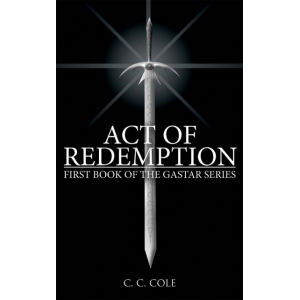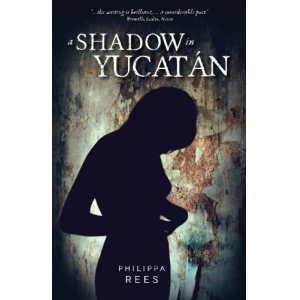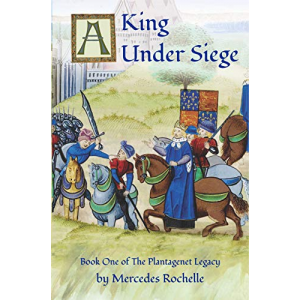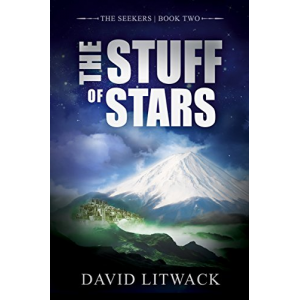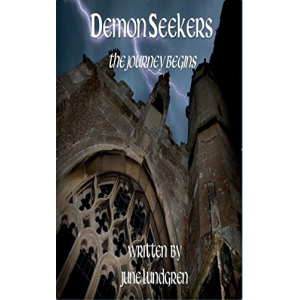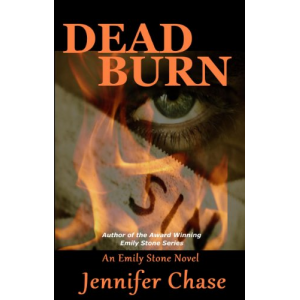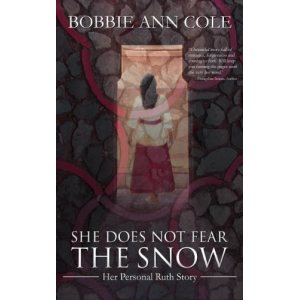- Author
- Book
- Story behind the book
- Media Links
- Reviews
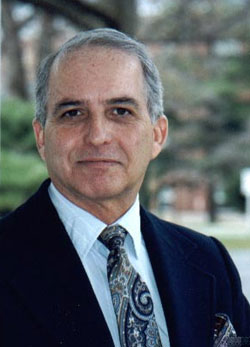
Carlos Rubio
About
A native of Cuba, Carlos Rubio came to the United States in 1961. A bilingual novelist, in Spanish he has writeen Caleidoscopio, Saga, Orisha and Hubris. In 1989 his novel Quadrivium received the Nuevo León International Prize for Novels. In English he is the author of Orpheus’ Blues, Secret Memories and American Triptych, a trilogy of satirical novels. In 2004 his novel Dead Time received Foreword’s Magazine Book of the Year Award. His latest novel is entitled Forgotten Objects.
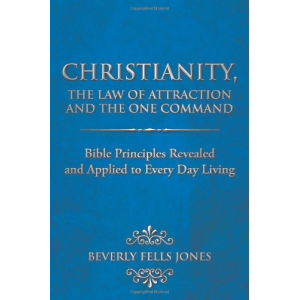
Christianity, the Law of Attraction and the One Command: Bible Principles Revealed and Applied to Every Day Living
Description
<p>The Bible spells out in God's terms what "The Secret" said in human terms. "Christianity, The Law of Attraction and The One Command " is the bridge between God's word, His universal laws, The One Command by Asara Lovejoy and you.</p>
Story Behind The Book
Media Links
Reviews
<p class="MsoNormal">Carlos Rubio’s AMERICAN TRIPTYCH charts new realms of satire. It’s a sort of cross between <em>Gulliver’s Travels</em> and <em>Zap Comix</em> with a dash of Pynchon thrown in. Rubio’s hero “comes of age” with girls aplenty and Neo-Baroque gusto. He is a foundling who grows and immigrates to a land of his own robust freedoms. <em>American Triptych</em> is a trip and a hot ticket too.</p> <p class="MsoNormal"> The whole saga re-envisions this country we know, investing it with comic gold. America emerges symbolically as both the world’s womb and the battering ram. Characters roam the raw void of our land and its deep end opportunity. Sex assumes its more than rightful place; law and order break down along class lines as wild things seize the saddle and entropy seeds the American dream.</p> <p class="MsoNormal"> In <em>The Neophyte</em> visit The Fetal Attraction (tavern for all who can’t grow up). Belt bourbon with Sister Gravity who is a nun too refined but can nurture the young hero (as he haunts the Convent of the Righteous Path). Grow up with a boy whose priapic philosophy of education soon replaces placement tests. Imagine a degree in Hedonism, a reign of pleasure, a philosophy of fun.</p> <p class="MsoNormal"> With <em>Bullwhip</em> join lovers in cars that race, in clubs that never close, in joyous trouble with time. Beatitude ever vies with being lost as Bullwhip apes Dionysus in circles of suburban hell. A sheriff named Lovelace fondles his gun but loses his grip on vice. You will seek the next play on words, the next fable of liberty run amok in America.</p> <p class="MsoNormal"> For <em>California Fever</em> will reveal all and nothing less than blithe capers, infinite jest or national amnesia. Seeking the shadowy Wheezer, Rubio’s plucky hero (now called “The Rocker”) is launched into the highlife and hubris of heavy metal bands as the lead singer of Gold Ru$h. From there it’s a short, suspenseful leap to politics where the mock pieties that define him lead to a thrilling finish.</p> <p class="MsoNormal"> You have arrived in Rubio’s realm.<span> </span>The Neo-Baroque style flourishes in Latin American literature, but Carlos crafts these books in his own supple English that convey the overboard amplitude of tongues employed in the service of Eros. Revel in the rotund sentences. Listen to a Cambodian monk sanctify body fluids and wisely lead our hero west of east.</p> <p class="MsoNormal"> Carlos Rubio’s books show a storied career that careens in comic arcs of delight. <em>American Triptych </em>is something old made new for a new century. He is a swashbuckler who takes on the spiritual windmills of our time. The satire explodes our moldy myths that mask hypocrisy. As you turn these pages, your brow will unfurrow as great, fertile America unfolds in laughter.</p> <p class="MsoNormal"> <span> </span>F. Ethan Fischer</p> <p class="MsoNormal"><span> </span>Editor of Antietam Review</p>
